I have always been a music fan, especially live music, and I recall a particularly frigid night in January ’82 when friends and I loaded into cars and headed for the Meadowlands to see The Kinks (a Rock & Roll Hall of Fame “British invasion” band). To escape the cold parking lot, we went inside to watch the opening band. Halfway through the set we realized, “This guy isn’t bad.” That guy was Bryan Adams (best known for his hit “Summer of ’69”). Adams has since sold over 75 million records, and he’s still touring. The Kinks lived up to expectations that night, but the surprise was watching a rising star.
Forty years later I’m recalling that lesson as we roll into the November elections.
While headliner candidates take center stage (for good reasons), I’m paying close attention to the full ticket, especially the down-ballot candidates: House, Senate, and state representatives running for seats closer to home.
The representatives elected to Congress and the House will play an integral role in shaping our immediate future, both locally and nationally. And this year — with a new candidate, a close presidential race, and the potential for record voter turnout – we especially need to remember the rest of the ballot. Every vote counts. In 2022, Nevada Senator Cortez Mastro won re-election by less than 1%, thereby helping Democrats maintain a slim Senate majority.
We also know that political candidates, like rock stars, can rise rapidly and as they do their principles and platforms have even greater impact.
Governor Walz is a current example (first elected MN House Representative in 2006), but nothing new: both JFK and Obama rose to the Presidency within 15 years of entering national politics.
In less than 3-months, we have the opportunity to choose representatives who will guide our communities and our country, so get involved and informed now, ahead of election day so you can voice your opinion and frame our future by voting.
How are a few suggestions:
— Meet local representatives at regularly scheduled meetings and gatherings (most are open to the public, with dates announced well in advance and publicized). They’ve been elected to represent you. They want to hear from you.
— Read local newspapers, subscribe, or find them available for free at our fantastic libraries.
— Listen to local radio stations.
— Volunteer your time for a candidate or a cause of your choosing – you may find it satisfying.
— Challenge your friends to do the same.
Informed voting matters — now, more than ever. But I know the run-up to November 5th may be exhausting and stressful, so every now and then, take a break and allow yourself relaxation with “comfort food” in the form of music. Sit back, listen to a favorite recording, and let it transport you to a different time and memory.
James Miller is retired and is a full-time Salisbury resident.

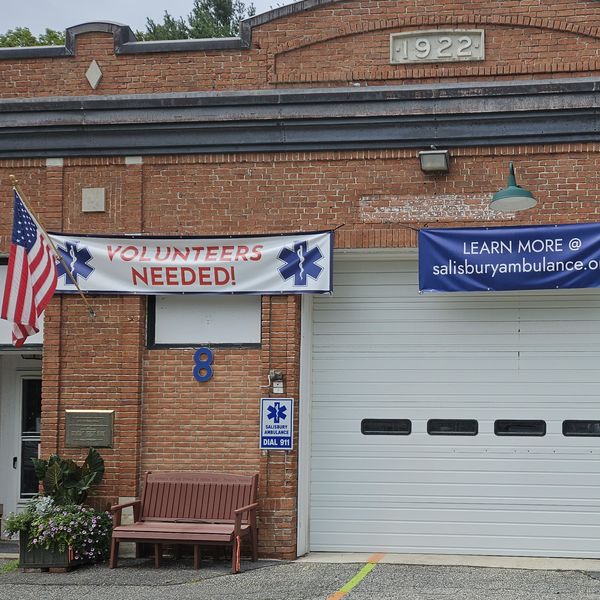
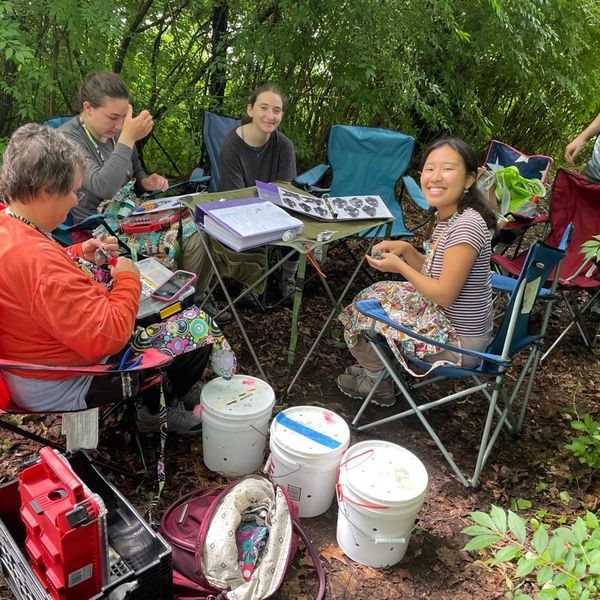
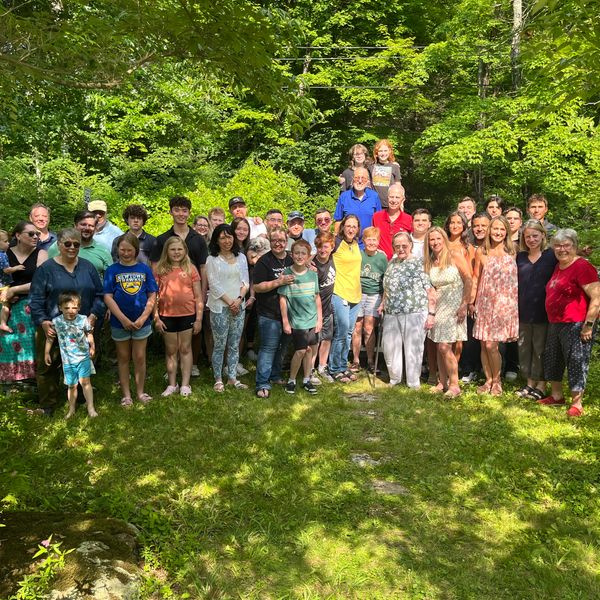
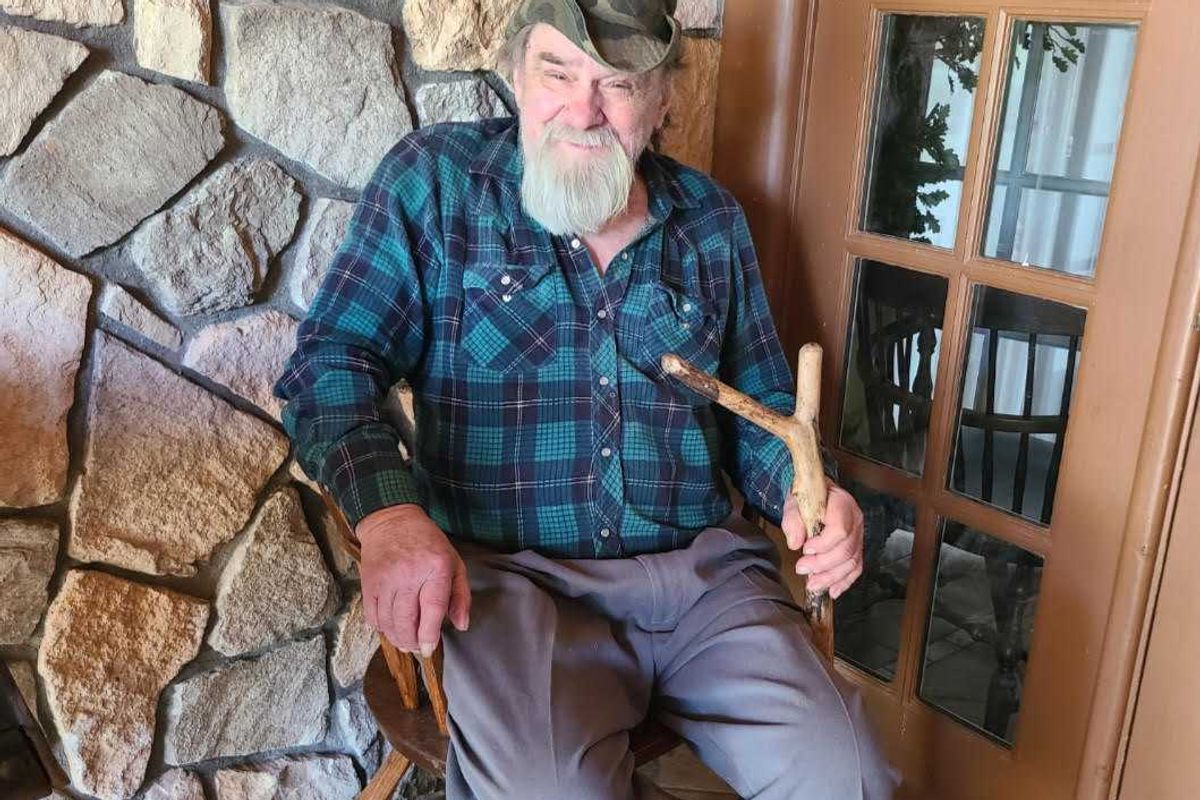
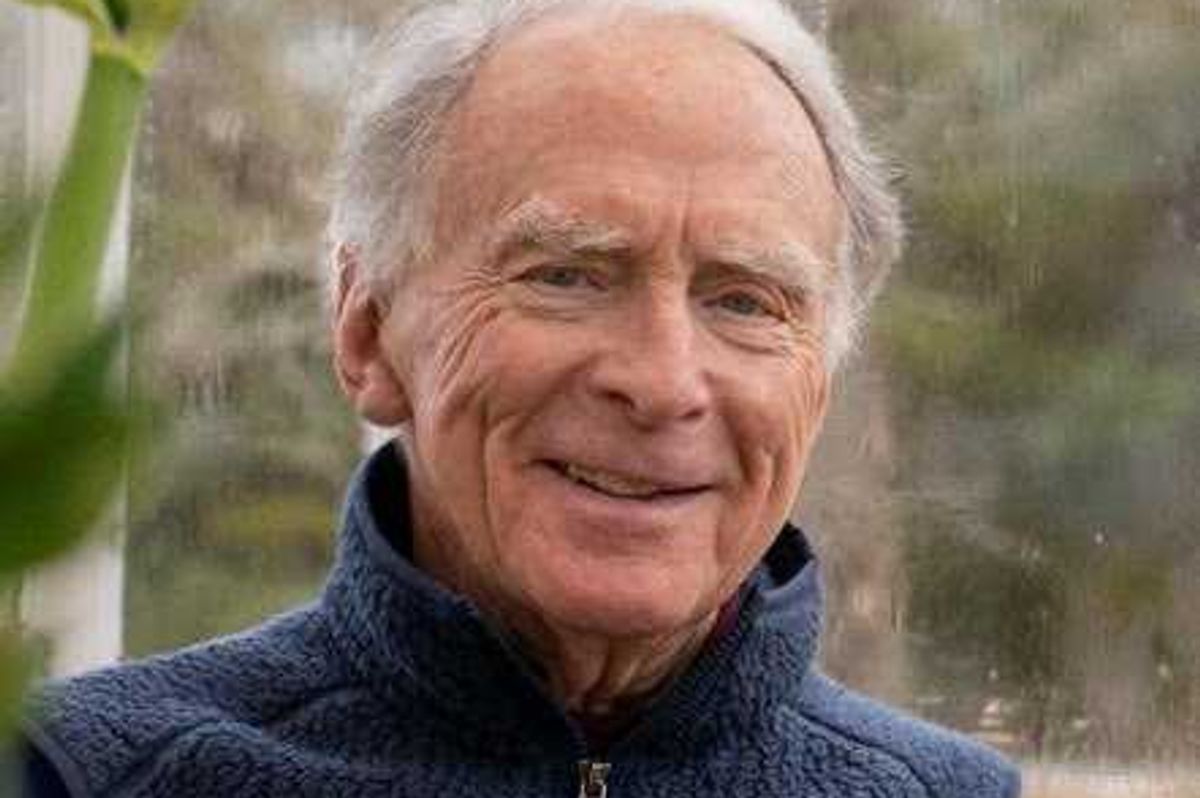

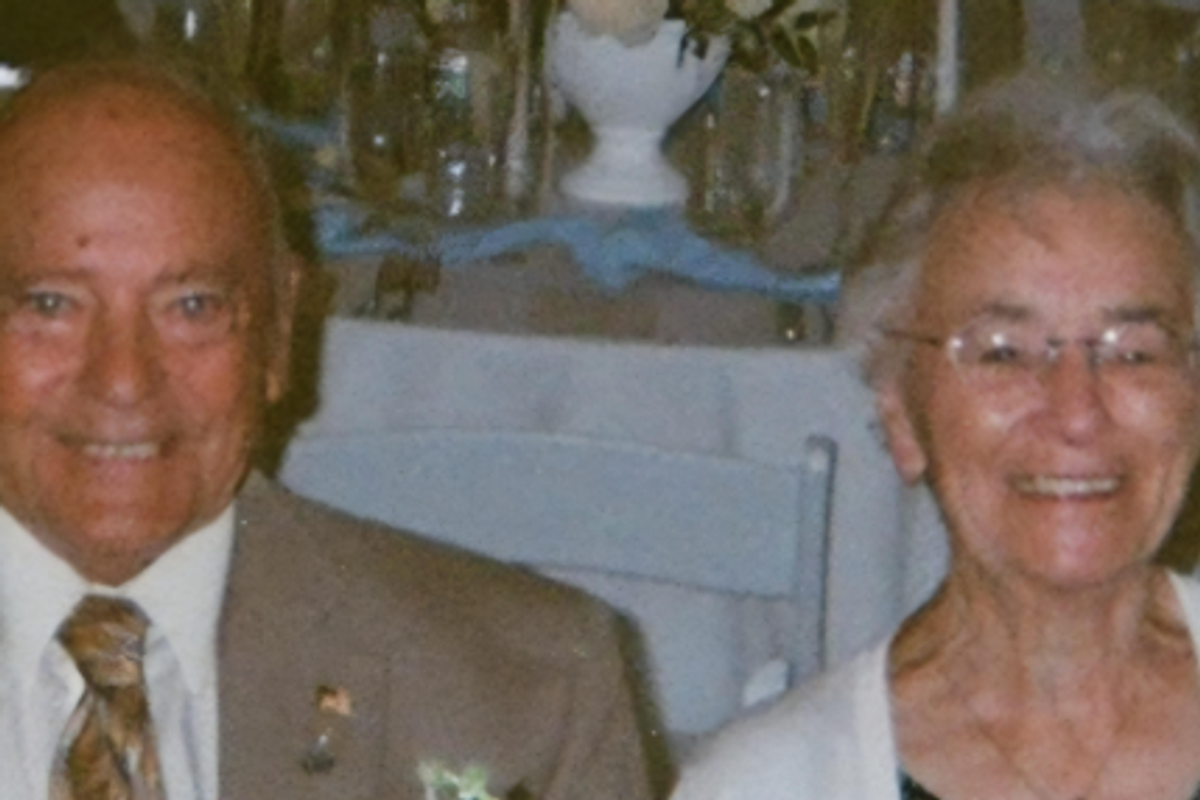
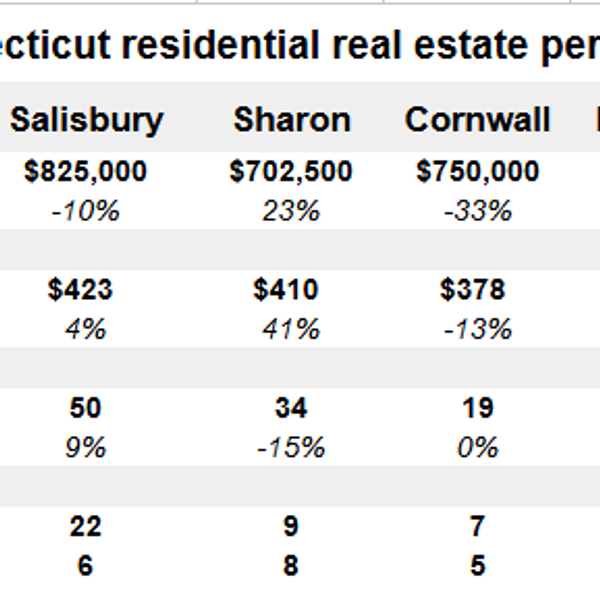

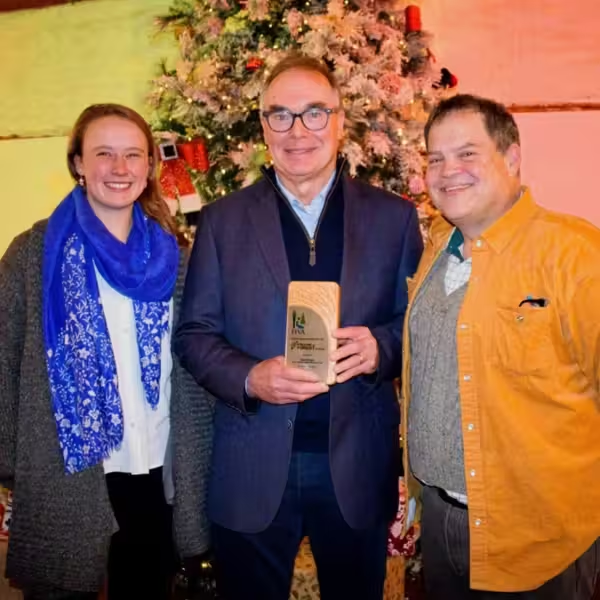
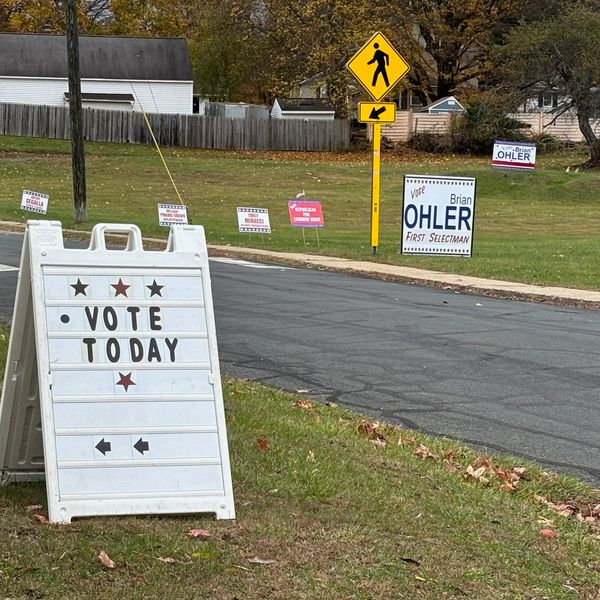

Informed voting matters – now, more than ever